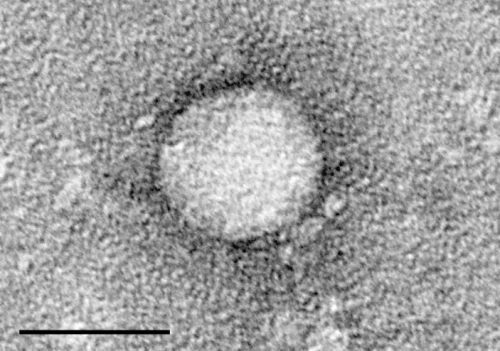Study says hepatitis C will be a rare disease by about 2036

Hepatitis C, a major infectious disease in the United States with 180 million cases worldwide, will likely become a rare disease by about 2036, according to a University of Pittsburgh Graduate School of Public Health analysis.
But that time period could be shortened by a decade to about 2026, according to computer modeling of factors and trends involved in infection rates.
"We picked an ideal scenario - one that really is ideal - that assumes that all unaware patients get screening once and everyone who is infected is treated," said Mina Kabiri, a doctoral student in health services research and policy and the study's lead author. "We wanted to show what would be the difference if you had the most optimal situation and illustrate how it changes the time before it would become a rare disease. It would be a 10-year difference."
The analysis and computer-modeling methodology used to reach the conclusions was published recently in the Annals of Internal Medicine. The predictive model, developed with assistance from the M.D. Anderson Cancer Center at the University of Texas, was funded through the National Institutes of Health.
Hepatitis C causes about 15,000 deaths annually in the United States. Prevalence of a rare disease is fewer than one of every 1,500 people. Currently, hepatitis C infects about one in 100, although the rate has been declining steadily in recent years due to treatment advances.
"We compared the base case - the current trend - with the very ideal to show the range," Kabiri said. "There are new drugs and changes in physicians' reactions to new drugs. It is pretty hard to pick a year between 2026 and 2036 because everything is changing so fast."
The model was run with data and trends from recent eras, and the outcomes compared favorably with what actually did occur, she said. Such analysis can help health policymakers set strategies, including the most productive outcomes with limited resources or the net impact of research investment.
"Making hepatitis C a rare disease would be a tremendous life-saving accomplishment," Kabiri said in a news release. "However, to do this we will need improved access to care and increased treatment capacity, primarily in the form of primary care physicians who can manage the care of infected people identified through increased screening."
©2014 Pittsburgh Post-Gazette
Distributed by MCT Information Services













